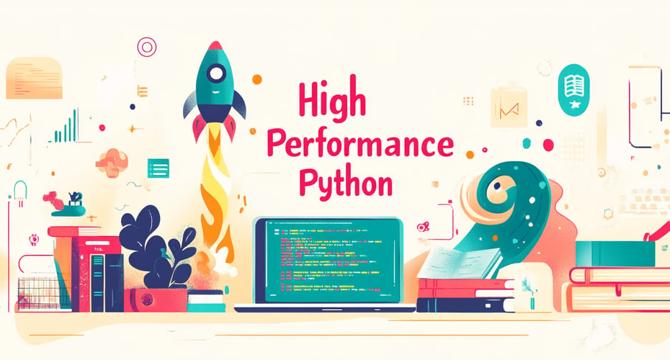Dev
1w
110

Image Credit: Dev
High-Performance Python: Asyncio
- Concurrency programming is a programming approach that deals with the simultaneous execution of multiple tasks. In Python asyncio is a powerful tool for implementing asynchronous programming.
- Asyncio can efficiently handle I/O-intensive tasks, improving program performance and concurrency.
- Asyncio is based on coroutines and event loops. The event loop is responsible for scheduling and executing coroutines and handling the switching between coroutines.
- Asyncio provides APIs for asynchronous I/O operations that can be seamlessly integrated with coroutines and the event loop through the await keyword.
- Asyncio can concurrently execute multiple coroutine tasks. The event loop will automatically schedule the execution of coroutines according to the readiness of tasks, thus achieving efficient concurrent programming.
- Compared to multithreading, asyncio has greater autonomous control and is more efficient for heavy I/O operation scenarios due to the smaller cost of task switching.
- In many cases, using asyncio requires the support of specific third-party libraries, such as aiohttp for network requests.
- To improve program running efficiency, we can also use libraries like concurrent.futures.ProcessPoolExecutor and multiprocessing for multi-process concurrency in Python.
- Leapcell is a cloud computing platform specifically designed for modern distributed applications, providing support for multiple languages and intuitive user experience along with efficient scalability and high performance.
- Leapcell's pay-as-you-go pricing model ensures no idle costs, meaning users only pay for the resources they actually use.
Read Full Article
6 Likes
For uninterrupted reading, download the app